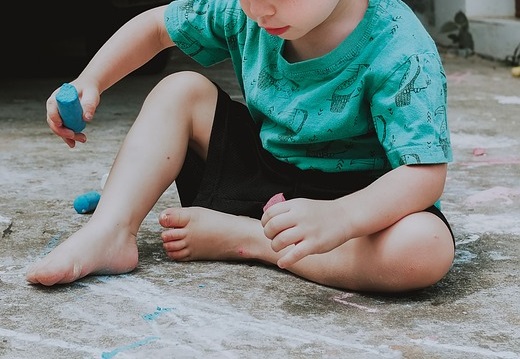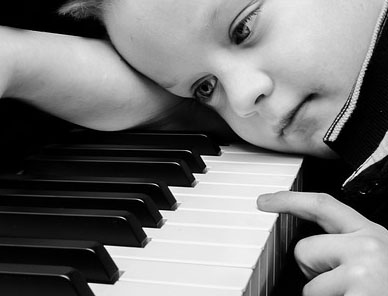
What to Do If Your Child Is Talking About Death
July 29, 2023
Coping with Emotional Trauma
September 18, 2023Easily one of the hardest things to face in life is the loss of a loved one. Children have delicate upbringings that often require the support of a parental figure. While very difficult, it may be comforting to hear that there are things you can do to help your child with the transition.
By always acting with empathy, you can help your child cope with the loss of their parent. Focus on providing them with care and make sure they feel safe communicating. One of the most significant challenges adults face is ensuring their child is given adequate emotional validation with heavy subjects like death.
Although the dynamic may change the good news is that it is possible to provide your child with adequate support during this transition.
Understanding What Your Child May Be Feeling
It can be difficult to impossible to predict how a child may be feeling following the loss of a loved one. Depending on their age, they may show denial, withdrawal, sadness, or confusion. It is never easy to console a child during these situations however the best thing to do is be aware, open, and never dismiss their expressions, feelings, or confusion.
You can do a lot by simply holding space for your child to express their emotions as is. Recognize each emotion and help explain what that emotion is, and what they should do with it.
Guiding Your Child Through Sadness, Anger, or Grief
For example, if your child is sad, you could explain that sadness can be felt mentally or physically, and that these situations are expected to cause sadness because they are hard. Reassure them that they are strong for facing these things, like their favorite superhero or cartoon character, and that even their favorite cartoon character or superhero goes through things like this.
You can also advise them on how to handle these emotions. Explain that anger is okay to feel but hitting and throwing things are not.
Even if you do walk through these emotions with them, there’s never anything wrong with also working with a therapist to help your child. These situations are not easy, to say the least, and you aren’t expected to have all the answers or go through it alone. These situations take a village to help your child successfully transition.
Focus on getting the help you and your child need, at any cost. And never dismiss their feelings: always validate what they’re feeling.

Keep your child engaged in their hobbies consistently, even if there are bad days.
Transitioning Your Child
Whether it’s a caregiver, a move to a different school, transitioning to a lower income bracket, a relationship change between family members, or otherwise, you must remain proactive. You can help them adjust by ensuring they stay committed and consistent with their day-to-day routine. It’s not going to be easy–especially if you’ve had to move as a result of the loss–it is achievable over time. Remember the three P’s:
- Proactive: acting rather than reacting.
- Positive: keeping your spirit high and the focus on your child helps reinforce that you and your child are not alone.
- Persistent: one the most important life lessons to show persistence despite the hardships. This sends a message that you can’t “give up” during life’s hardships.
Being persistent literally means consistently keeping routine, and managing all of the emotions that arise as you do. Ensure they continue to:
- Attend school regularly
- Be present at their sporting events or other hobbies
- Meets and has playdates with their friends and family members
- Keeps their mind active (e.g. reading child-appropriate stories on grief)
- Honor the parent’s memory
Keeping your child physically and mentally active and creating an open environment for them to share their emotions is key to minimizing long-term trauma.
Minimizing Long Term Effects
Unfortunately, it’s true that a child will never be the same after the loss of a parent. And while every individual grieves differently, studies have shown that there is a risk for anxiety, depression, issues in school, and substance abuse.
As a parent, there are things you can do to minimize the long term effects of grief. The most important place to start is by reminding them that they have a strong support system and that what they’re going through is normal.
There will be good and bad days–and how you handle them over time is what matters the most.
See Also
Memorial Sloan Kettering Cancer Center: Helping Your Child After the Death of a Parent
Psychology Today: How Losing a Parent Affects Young Children




